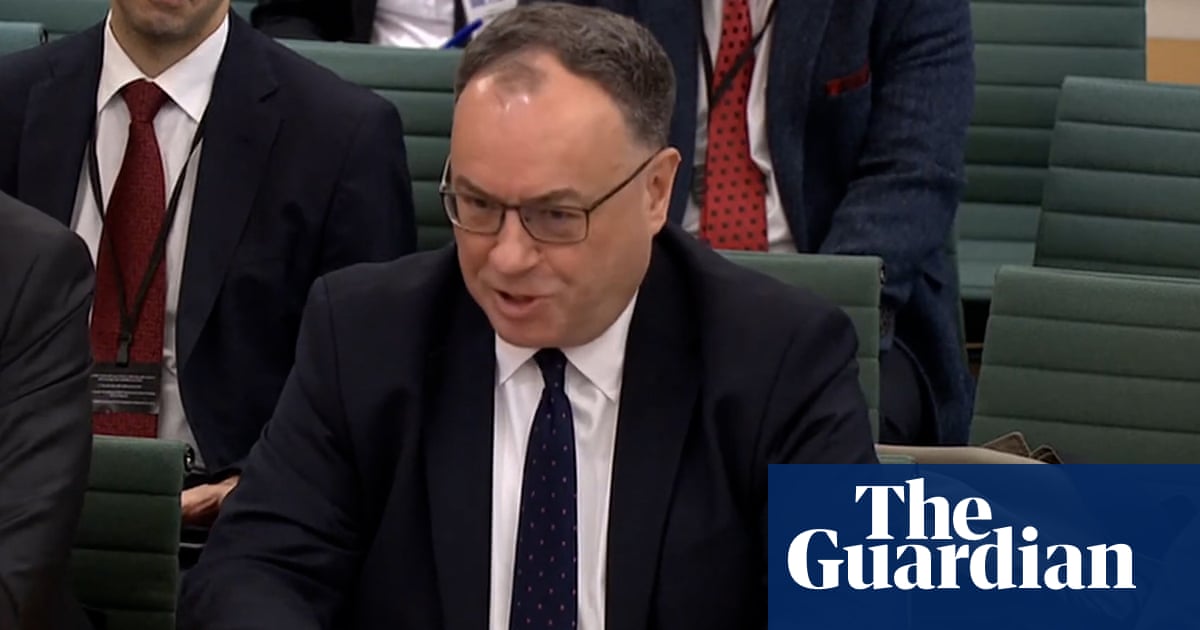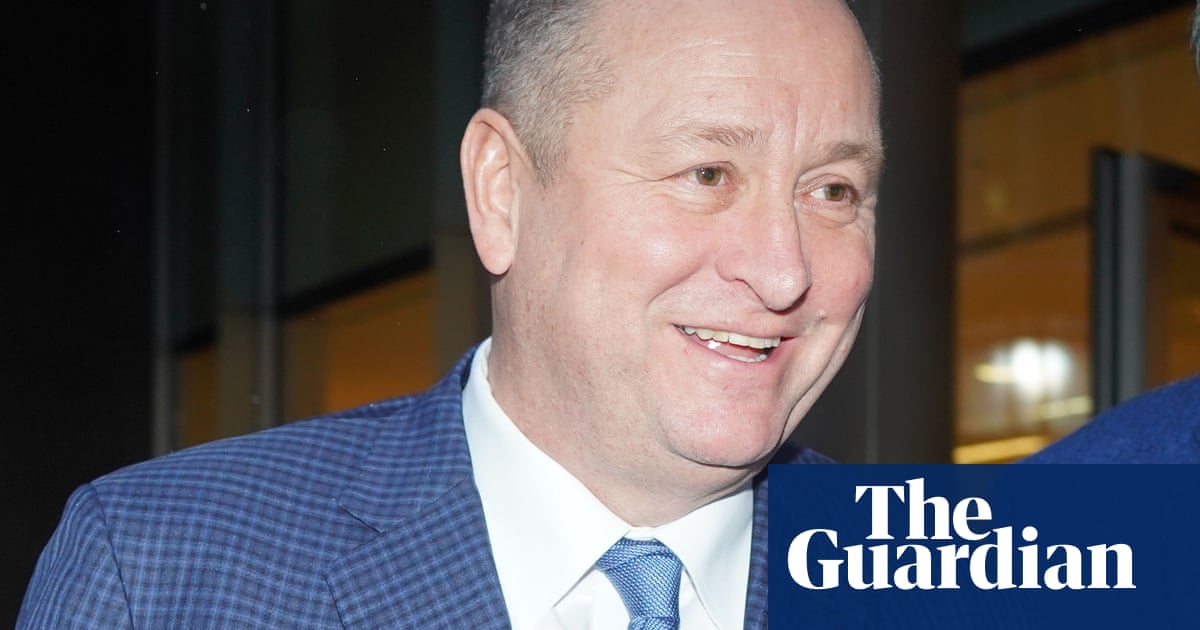
Claims that the Bank of England is unlawfully blocking the release of 31 tonnes of gold valued at nearly $1bn(£805m) and intended to combat the coronavirus in Venezuela have been heard in the high court this week.
The bars are among the 400,000 bars of gold held in the Bank’s vaults, but there is a political dispute about their rightful owner.
The leftwing and heavily sanctioned government of Nicolás Maduro claims the bars are being held hostage under the direction of the British government in a bid to curry favour with the US. Lawyers for Maduro’s Central Bank of Venezuela have vowed in court that if the gold bars are handed over the proceeds will be used solely to supply humanitarian goods to its own people, and specifically to fight coronavirus. It claims once the gold is sold it has already agreed the money will be transferred to the UN Development Programme.
But Maduro’s rival, Juan Guaidó, hailed as interim president of Venezuela by the UK Foreign Office in February 2019, claims the gold belongs to his parallel Central Bank, and that Maduro only wants the money to prop up his crumbling and corrupt regime.
The case, yet to be decided, turns on whether a UK commercial and property court can decide these political disputes, and whether the UK government has recognised Guaidó as interim president and the legitimate ruler of Venezuela, as it claims, or is instead, in reality, continuing to effectively accept that the country’s head of state is Maduro.
Guaidó’s team argues that the Foreign Office has recognised his regime, and under the one voice principle, a UK court cannot undermine the UK government decision.
If the judge, Justice Teare, was to decide Britain still, de facto, recognises Maduro as the ruler of Venezuela, it is likely that he would order the funds to be released to Maduro.
The Foreign Office, in a letter to the court in March, referred to the former foreign secretary Jeremy Hunt’s statement in 2019 that “the United Kingdom now recognises Juan Guaidó as the interim constitutional president of Venezuela, until credible presidential elections can be held”.
Lawyers for the president of the Central Bank of Venezuela, Calixto Ortega Sánchez, have argued this statement is equivocal, does not represent the de facto reality, and does not come close to derecognition of Maduro. Recognition should not be mistaken for approval.
It adds the UK Foreign Office’s current diplomatic list names a Maduro-appointed official as ambassador, not Guaidó’s own ambassador in the UK, the highly articulate Vanessa Neumann. The UK also has an ambassador in Venezuela accredited by Maduro, and in communication with his regime. The UK cannot maintain diplomatic relations with Maduro, but then recognise another head of state, the Maduro team claims.
The Foreign Office maintains “full, normal and reciprocal diplomatic relations” with Maduro’s embassy in London, it is said. Neumann argues this is because Guaidó does not control the immigration authority.
She tweeted this week: “What is at stake is the right of Venezuelans to protect what little they have not been able to steal from us, both in England and in the world. The constitution, the rule of law and the legitimacy of our fight for freedom are not for sale.”
The UK government has previously said it is for the Bank of England, and not for the government, to settle such issues. In March 2019, Robert Jenrick, then a Treasury minister, said: “Holding gold reserves on behalf of any foreign central bank is a matter for the Bank of England. Ultimately, the Bank is responsible for dealing with requests from its customers should they wish to repatriate their gold. HM Treasury only has direct control over the UK government’s own holdings of gold within its official reserves, which are held at the Bank of England.”
But that formal position does not seem quite to represent the reality.
A new book by Donald Trump’s former security adviser John Bolton – The Room Where It Happened – reports that, at meetings in Washington, Hunt agreed to enlist the Bank of England to join the US battle to depose Maduro. Hunt, the book says, “was delighted to freeze Venezuelan gold deposits in the Bank of England so the regime could not sell the gold to keep itself going. These were the sort of steps we were already applying to pressure Maduro financially.”
The dispute about the gold began in May 2018 when Maduro secured re-election in a vote that the main opposition coalition boycotted and called a sham. Afterwards, Boris Johnson, then the British foreign secretary, said: “We may have to tighten the economic screw on Venezuela.” The courts will now have to decide whether that screw can be loosened.












